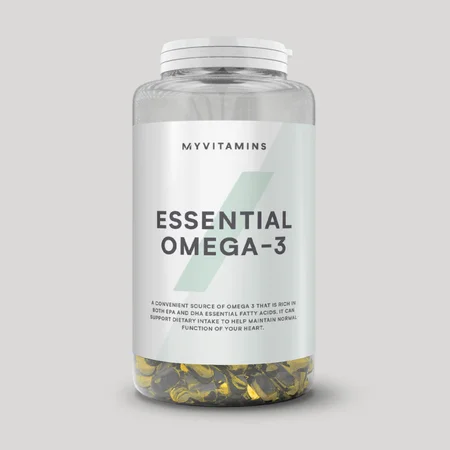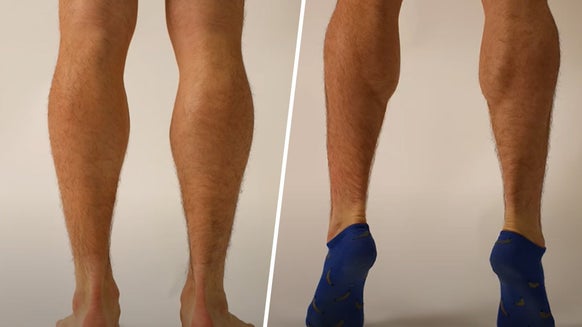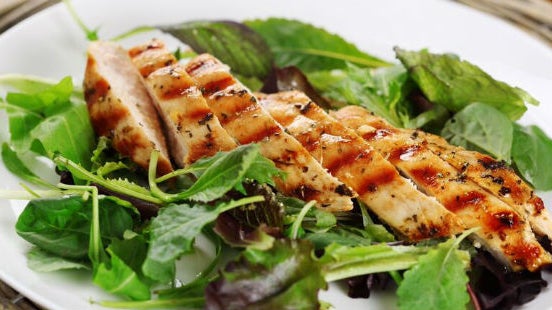
Looking to cut out refined carbohydrates? Whether you’re looking to maximise your training by paying extra attention to your diet, or you’re looking for a little help with your cut, taking a look at refined carbs is a great place to start.
In case you’re not sure what refined carbs even are, this article explains it all. Why they can have a negative impact on your training and overall health, and how to swerve them here and there.

What Are Refined Carbs?
Refined Carbs
Refined grains and simple sugars shouldn’t be consumed in large quantities (unless it’s to refuel your body after a hard workout). Refined grains are the likes of white flour used in things like white bread and pasta. Refined carbs are also known as simple carbs or processed carbs. Because they’ve been stripped of their nutritional value and vitamins, they’re considered ‘empty carbs.’
Complex Carbs
Complex carbs are those that do not cause that quick spike of insulin, but rather, take longer to digest and provide more nutrition. Whole grains, beans, potatoes, and rice are examples of complex carbohydrates. They contain more vitamins, minerals, and fibre than refined carbs, making them take longer to digest and keeping us feeling more satisfied.
Why Are Refined Carbs Bad for Me?
Refined carbohydrates are linked to several serious health conditions.
Refined Carbs can be an Ineffective Energy Source
What all of this means is that when you consume refined carbohydrates, it’s essentially the same as fuelling your car with the wrong type of petrol. If you are a sprinter and need a quick boost of energy to perform, refined carbs can be a solution.
Refined carbs are less nutritious
Cutting refined carbs isn’t exactly a matter of sticking to some intense, difficult diet or making too many adjustments to your nutrition. It’s about choosing foods that help you fuel properly and provide the good nutrition that keeps you at the top of your game. An occasional sweet treat or refined source of carbs definitely isn’t the end of the world, but it’s best to focus on whole, nutritious sources of carbs like whole grains, fruits, and starch vegetables.
The quick blood-sugar spike your body gets from eating refined carbs doesn’t last as long as healthier options, which will keep you feeling full for longer.
Refined Carbs List
White bread White pasta White rice Processed, sweetened cereals Sweetened drinks Pastries Cakes, cookies, desserts - Snack foods - crackers, pretzels, chips
How Can I Cut Down on Refined Carbohydrates?
Let’s say it again: not all carbs are bad, and you need them in your diet for energy, as well as particular vitamins and minerals. Your next step is to identify refined carbs so you can know when to avoid them and what to replace them with. The main dietary sources of refined carbs are processed foods, white flour, white bread, white rice, pastries, sodas, snacks, pasta, sweets, breakfast cereals and added sugars.
Fresh or frozen unsweetened fruits Vegetables Whole grains (whole grain rice, oats, barley, quinoa, corn, etc) Legumes
Take Home Message
READ THESE NEXT:

Claire is a Registered Dietitian through the Academy of Nutrition and Dietetics and a board-certified Health and Wellness Coach through the International Consortium for Health and Wellness Coaching. She has a Bachelor of Science in Biology and a Master’s degree in Clinical Dietetics and Nutrition from the University of Pittsburgh.
Talking and writing about food and fitness is at the heart of Claire’s ethos as she loves to use her experience to help others meet their health and wellness goals.
Claire is also a certified indoor cycling instructor and loves the mental and physical boost she gets from regular runs and yoga classes. When she’s not keeping fit herself, she’s cheering on her hometown’s sports teams in Pittsburgh, or cooking for her family in the kitchen.
Find out more about Claire’s experience here.
- Gross, L. S., Li, L., Ford, E. S., & Liu, S. (2004). Increased consumption of refined carbohydrates and the epidemic of type 2 diabetes in the United States: an ecologic assessment. The American journal of clinical nutrition, 79(5), 774-779.
- Li, Y., Hruby, A., Bernstein, A. M., Ley, S. H., Wang, D. D., Chiuve, S. E., … & Hu, F. B. (2015). Saturated fats compared with unsaturated fats and sources of carbohydrates in relation to risk of coronary heart disease: a prospective cohort study. Journal of the American College of Cardiology, 66(14), 1538-1548.
- Giovannucci, E. (1995). Insulin and colon cancer. Cancer Causes & Control, 6(2), 164-179.
- Cermak, N. M., & van Loon, L. J. (2013). The use of carbohydrates during exercise as an ergogenic aid. Sports Medicine, 43(11), 1139-1155.
- Brand-Miller, J., McMillan-Price, J., Steinbeck, K., & Caterson, I. (2008). Carbohydrates–the good, the bad and the wholegrain. Asia Pacific journal of clinical nutrition, 17.









